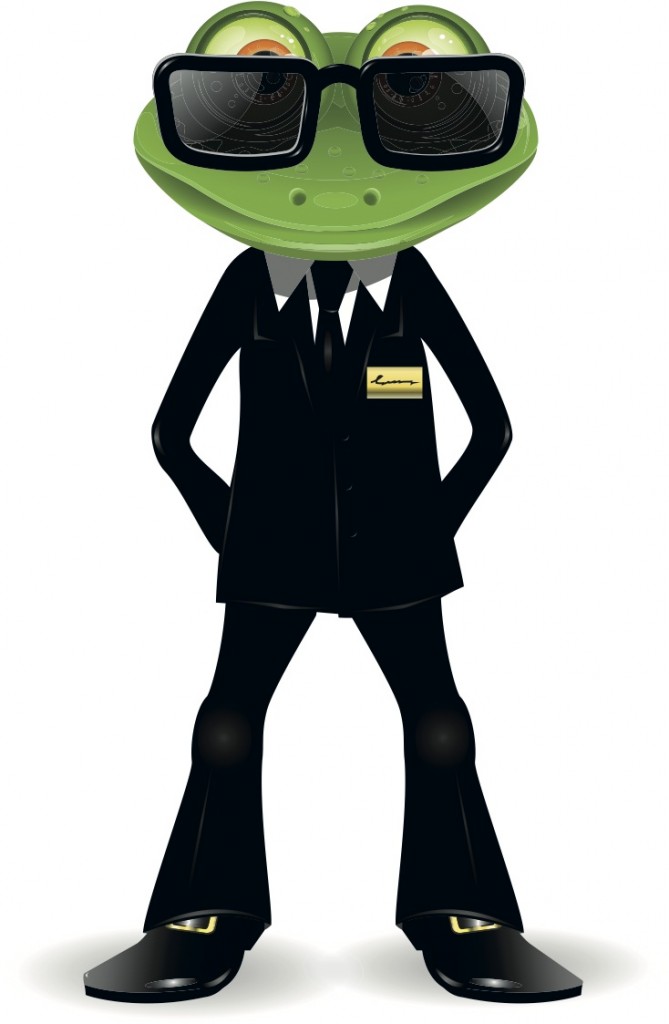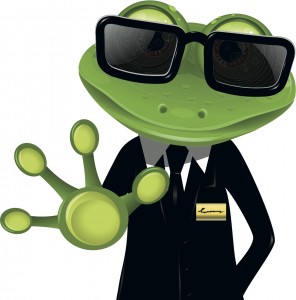
Agents are author’s representatives. The main objective of an agent is to sell your work to editors so you don’t have to do it yourself. They deal with the business end of writing so that you can be free to focus on the creative end. But they also take a commission, usually fifteen percent. There are some good reasons to have an agent and they are listed below. The only reason I can think of NOT to have an agent is the one I’ve already listed, they take a commission. But realistically, if it wasn’t a good idea, there wouldn’t be so many of them. An agent agrees to represent ALL of your work so they really have to love what you write. An editor can publish one story and turn down the next one, so your relationship with an editor can be much shorter and less committed, kind like the difference between a one-night-stand and a marriage. So choose an agent carefully.[accordion]
PROTECTION
The most important thing an agent can do for you is protect you. They know the laws and the rules and the protocols. They’ll make sure that your contract looks out for you, which is important because the publisher is going to have someone looking out for them. Most publishers have good relationships with their writers, but if you are negotiating money, it’s always best to be cautious.
ACCESS
There are many publishing houses that won’t accept manuscripts from anyone that doesn’t have an agent. So, having an agent is just better odds. The more houses you can submit to, the more likely you are to find someone who loves your work. Agents can also access editors much faster than you can yourself. When you submit without an agent, your work generally goes into what is called a slush pile,which should tell you how important it is. And truthfully, a slush submission might not get the attention and concentration of a submission hyped up by an agent.
RELATIONSHIPS
It’s not what you know– it’s who you know. Agents and editors are people and like all other people in the world (except antisocial types and hermits) they have relationships with other people. And a lot of those other people are editors. Agents make it their business to know what all the editors in their genres are looking for. If Knopf likes curriculum tie-in books and Harcourt likes talking animals (I have no idea if they actually do) then an agent will know this and know exactly which editor to show your talking rhino story to. This saves you time and disappointment.
BUFFER
An agent serves as a buffer between you and the editor. Your relationship with editors is very important. You need them, they need you. Sometimes differences come up and emotions flare. It’s not always easy to hear criticism or to change your story to suit an editor. These things can get emotional and you don’t want to lose your temper with your editor. An agent isn’t as close to the work as you are and they can be objective and unemotional in dealing with your editor. Sometimes you need a third perspective and an agent is going to be honest and fair because she wants both the work and the relationship to be the best it can be.

The blogs and sites listed below contain a wealth of really comprehensive and up-to-date information on agents. You can find tons of stuff about them from where they grew up and went to school, to the last conference they attended. Make sure to research carefully. Signing with an agent is not something you should take lightly. It’s a commitment. There’s even a contract, so it’s like getting married. Jumping into an agency contract is like buying a mail-order-bride. Before you submit, look at the works of the authors the agent represents, look at the authors represented by the whole agency. Look at how long the agency has been in business and what the agent’s previous experience includes. Most importantly, look at their submission guidelines; see what types of things they are looking to represent and make sure your work is a good fit.

Click anywhere on the title above to link to the site. Literary Rambles has hundreds of interviews with agents that tell you what kind of works the agent is looking for, but also who they rep and what kinds of things they love. The interviews help give you an idea of the agents personality, so you can gauge what kind of fit the agent would be for you. The site also has some great interviews with authors, editors, and industry professionals. If you click the link above, it will take you to the home page. On the right, find “Search by age category.” To search a list of agents who represent picture book authors, click on “Agents who rep PB,” and a list of agents will populate, but you have to scroll down to see all the agents listed.
Click anywhere on the header above to link to the site. AgentQuery is a little less detailed than Literary Rambles, but it’s a great site for a quick reference. Click the link above, it will take you to the AgentQuery home page. On the navigation bar at the top find the “Writers” tab and click. It will take you to a great article on the basics of agenting. But when you want to search agents, go to the left column and find the eyeball (yes, it’s a little eyeball) and that is where you put in your search criteria. It can be a little confusing because there are two drop down menus, but you can just choose the one for fiction, and choose children’s. A list of agents who represent children’s books will populate.

